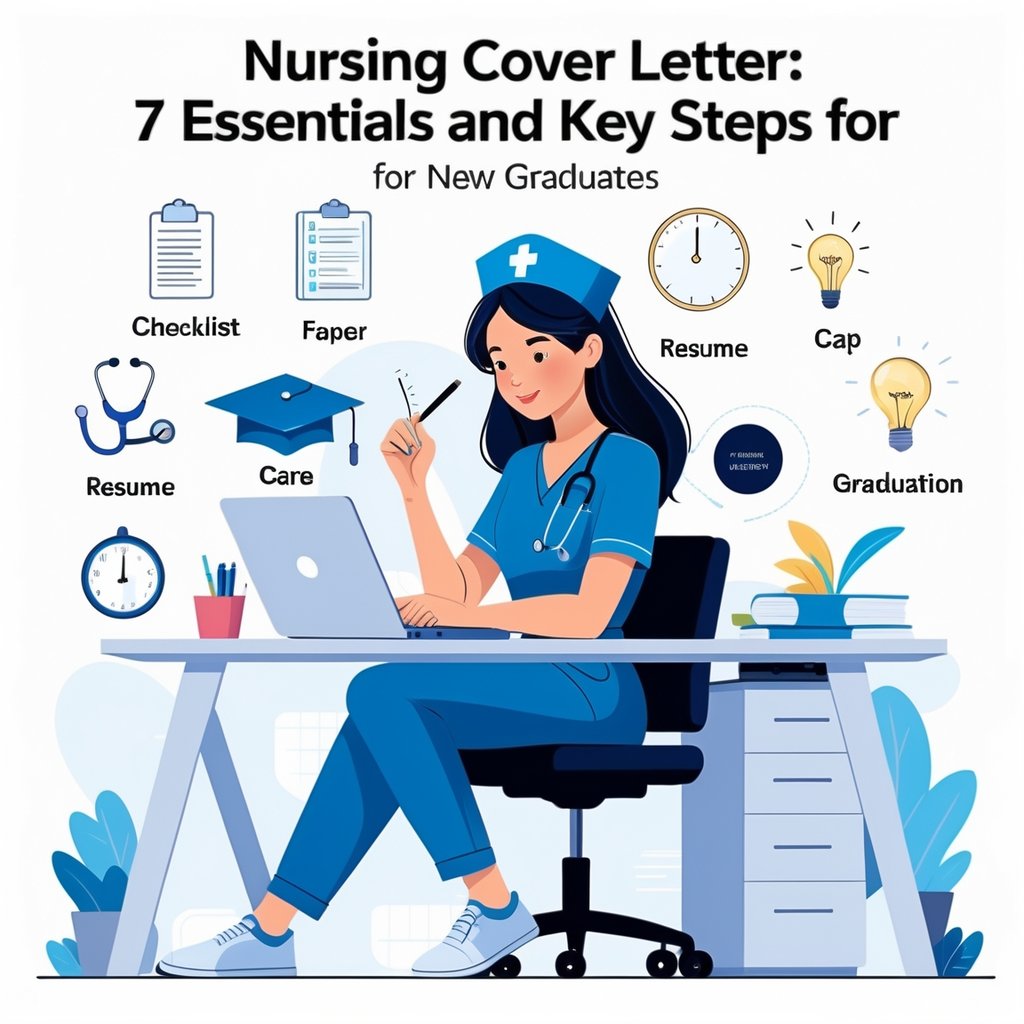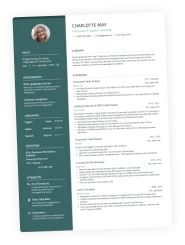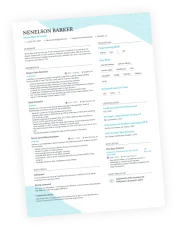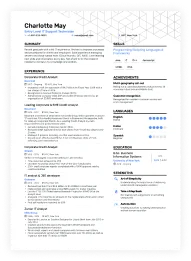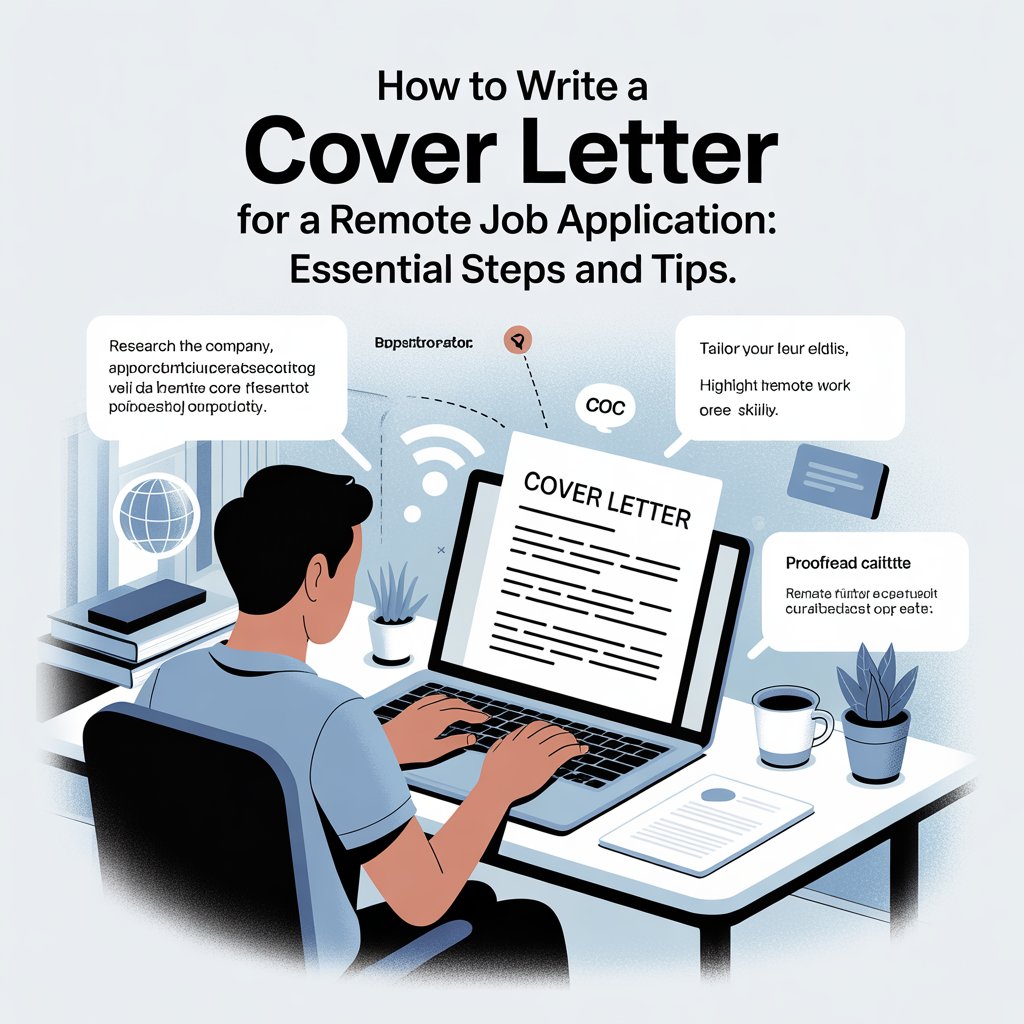Standing out in a sea of job applications can be hard, especially for new nurses. A strong nursing cover letter is not just a requirement—it is a real chance to show hiring managers your skills, attitude, and passion for healthcare.
The most important step for new grads is making sure their nursing cover letter highlights their best strengths while matching the needs of the job.

Many new graduates are unsure of what to include or leave out. Cover letters should be simple, focused, and personal, showing what makes the writer a good fit for the specific nursing role.
By understanding the key essentials for a nursing cover letter, readers will be ready to make their best first impression. These tips will help job seekers avoid common mistakes and write with confidence.
Understanding the Significance of a Nursing Cover Letter
A nursing cover letter gives job applicants a chance to explain why they are a good fit for a nursing role. It allows them to show their communication style, demonstrate their interest in the job, and highlight skills that may not be obvious from a resume.
How a Cover Letter Complements Your Resume
A resume gives a summary of work experience, education, and credentials. A cover letter, on the other hand, gives applicants the space to tell their story.
It can explain gaps in employment, a change in career focus, or a passion for a specific area of nursing. With a cover letter, candidates can point out how their unique skills and values match the values of the hospital or clinic.
For new graduates, it is also an opportunity to discuss volunteer work, clinical placements, school projects, or soft skills that a resume may not cover in detail. According to Indeed, a cover letter lets applicants demonstrate key traits like compassion, teamwork, and attention to detail.
What Hiring Managers Look For
Hiring managers want more than a list of qualifications. They look for evidence that a candidate understands the role, knows the organization’s goals, and can work well in their team.
The best cover letters show that the applicant has researched the healthcare facility. Some factors hiring managers notice:
- Personalization: The letter should mention the job title and hospital by name.
- Relevant experience: Even for new grads, specific examples from school, internships, or previous jobs make a stronger impression.
- Communication skills: Clear, concise writing reflects the skills needed for patient charting and teamwork.
By customizing each nursing cover letter, candidates show they care about where they work and are willing to go beyond basic expectations. Nurse Journal encourages applicants to highlight both hard and soft skills.
Standing Out in the Job Market
The nursing job market can be very competitive, especially for new graduates. A thoughtful cover letter is one of the few ways an applicant can stand out and show personality.
Amina Bello
amina.bello@email.com
(555) 987-6543
Houston, TX
May 12, 2025
Hiring Manager
Houston General Hospital
123 Medical Plaza
Houston, TX
Dear Hiring Manager,
I am writing to express my interest in the Graduate Nurse position at Houston General Hospital. I recently earned my Bachelor of Science in Nursing from the University of Texas and am passionate about beginning my nursing career in a compassionate and fast-paced healthcare environment like yours.
During my clinical rotations, I gained hands-on experience in various departments including medical-surgical, pediatrics, and intensive care. I developed skills in patient care, administering medications, documenting in electronic health records, and communicating with both patients and interdisciplinary teams. My instructors consistently praised my calm demeanor, attention to detail, and strong sense of empathy.
I am certified in Basic Life Support (BLS) and trained in using Epic for clinical documentation. I am particularly drawn to Houston General’s commitment to community health and continuous learning, and I am excited about the opportunity to grow within your nursing team.
Thank you for considering my application. I have attached my resume and would welcome the opportunity to interview and discuss how I can contribute to your patient care team.
Sincerely,
Amina Bello
Applicants can use the cover letter to show a passion for patient care, a commitment to learning, and a willingness to become a strong team member. By including details about specific hospital programs or values, applicants can prove they have done their research and are not sending a generic letter.
This targeted approach can help new graduates and experienced nurses alike distinguish themselves in a crowded field, as emphasized by NursingCECentral’s cover letter tips.
7 Essentials of an Effective Nursing Cover Letter
A strong nursing cover letter should highlight unique strengths, show relevant experiences, and demonstrate both professionalism and passion for patient care.
Focusing on clear examples and tailored content increases the chances of standing out to hiring managers.
Personalized Introduction
The introduction should immediately tell the reader who the applicant is and why they are interested in that specific nursing role. Using the hospital or facility’s name and mentioning details about its values or programs shows that the application is not generic.
Including the exact job title and where the applicant found the posting makes the introduction feel relevant. Personal touches matter.
For example, referencing a hospital’s commitment to patient-centered care or a specific nursing program helps show the applicant has done their research. This approach can be especially important for new grads who may have less direct experience.
Applicants should use this part to make a positive, memorable first impression. Stating why they want to work at that organization—and why they want that job—sets a confident tone and builds interest.
Relevant Experience and Qualifications
Clearly listing relevant qualifications makes it easier for employers to see why the applicant is qualified for the position. If they are a new graduate, stating the degree earned, the school attended, and the graduation date is a must.
For example, “I received my Bachelor of Science in Nursing from XYZ University in May 2025.” Recent work, clinical rotations, and any healthcare-related jobs should be mentioned.
Short bullet points can help highlight these experiences:
- Completed 120-hour medical-surgical clinical rotation
- Served as a student nurse on a pediatric unit
- Volunteered with a local health outreach program
Emphasizing credentials, such as current licensure or certifications (like BLS or ACLS), further boosts credibility. These details show the applicant is prepared and ready for a nursing role.
Key Nursing Skills and Clinical Experience
Employers look for practical, job-specific skills that match the needs of their unit or patient population. Listing key nursing skills in the cover letter, such as medication administration, wound care, IV insertion, and electronic health record documentation, helps directly connect the candidate’s strengths to the job requirements.
Applicants should also describe their clinical experience in clear terms. For instance, “During my internal medicine rotation, I managed care for up to five patients per shift and communicated effectively with interdisciplinary teams.”
This demonstrates both competency and strong communication skills. Using concrete numbers when possible (such as the number of patients cared for or shifts completed) adds impact.
New grads can focus on clinical rotations, sim labs, and hands-on patient experiences to fill this section.
Demonstrating Motivation and Enthusiasm
Applicants should clearly explain what motivates them to pursue a nursing career and why they are drawn to that particular role or facility. This could include a passion for patient advocacy, a commitment to teamwork, or enthusiasm for continuous learning.
Expressing genuine excitement about contributing to the healthcare team sets the tone. For example, “I am excited about the opportunity to work with your team’s focus on collaborative care and patient education,” shows motivation and aligns with organizational values.
New nurses can also mention their eagerness to develop their skills and grow professionally. Showing a willingness to learn, take on challenges, and engage with ongoing training highlights dedication and initiative.
Structuring Your Nursing Cover Letter
A nursing cover letter needs an easy-to-read format that reflects professionalism. Each part of the letter, from layout to language, should focus on showing skills and making a strong final impression.
Formatting and RN Cover Letter Template
A well-organized RN cover letter should follow a clear structure. An effective cover letter format includes:
- The applicant’s contact information
- Date
- Employer’s details
- A greeting addressed to the hiring manager, if possible
Start with a concise opening paragraph that states the position you are applying for. Follow this with 1-2 body paragraphs highlighting relevant experience and education.
Use single spacing, standard fonts like Arial or Times New Roman, and margins of about one inch. A nursing cover letter template can help new grads maintain a professional appearance and make sure they include key information such as education, achievements, and graduation date.
Tables or bullet points can make specific skills or certifications stand out. The letter should be no longer than one page to keep the reader’s attention.
Proofread carefully for any spelling or grammar mistakes before sending.
Highlighting Transferable Skills
Many new nursing graduates have limited clinical experience, so focusing on transferable skills is important. Skills like communication, teamwork, organization, and problem-solving gained from previous jobs, internships, volunteering, or school projects can all be relevant.
An applicant might use a short list or bullet points to show skills such as:
- Team collaboration in group projects
- Leadership in student organizations
- Managing time when juggling school and part-time work
It is important to link these skills directly to the needs of nursing. For example, describe how customer service work required clear communication, which is important in patient care.
Mentioning these details helps the applicant stand out even if clinical experience is still growing. Customizing the letter for each job, mentioning specific hospital programs or values, shows attention to detail and interest in the role (see tips for customizing your letter).
Closing Paragraph and Call to Action
The closing paragraph wraps up the nursing cover letter. It should thank the reader for their time and state interest in moving forward.
A strong call to action encourages the employer to review the attached resume or to schedule an interview. Example closing sentences include:
Thank you for considering my application; I look forward to the opportunity to discuss my qualifications further.
Please review my attached resume for more details.
Being specific about follow-up and expressing eagerness helps leave a positive final impression. Including the hospital or department name in the closing paragraph personalizes the letter, as recommended in several cover letter guides.
Use a formal sign-off such as “Sincerely” or “Best regards,” followed by the applicant’s name.
Addressing the Needs of New Graduate Nurses
New graduate nurses face a competitive application process. To stand out, they should focus on strong cover letter writing, show real examples from internships, and highlight their education and licensure.
How to Write a New Grad RN Cover Letter
A new grad RN cover letter should have a clear structure and purpose.
It is helpful to start by explaining why the nurse wants to join that organization.
Mentioning the hospital’s values or patient care approach creates a connection with the employer.
The cover letter must be tailored for each job application.
Customizing it with specific details about the hospital or health system can make it stronger.
For example, if a hospital has an excellent training program, referencing it can show genuine interest.
Clarity and professionalism are key.
The letter should be free of errors and easy to read.
According to Nurse.org, it helps to keep it brief, with 3-4 short paragraphs, and always include accurate contact information.
See more tips for writing an effective new grad nurse cover letter.
Important tips:
- Address the hiring manager by name if possible
- Use professional language
- End with a short, polite request for an interview
Showcasing Internships and Internship Experience
Internships are often the most valuable experience new graduate nurses have.
They show practical skills and readiness to work as a registered nurse.
It is helpful to list specific internships completed, including the location, unit, and length of the internship.
Giving details about duties, such as patient care, medication administration, or teamwork, demonstrates hands-on experience.
Sharing a short example from an internship can show dedication and ability to handle real situations.
For example, describing how a student nurse supported a busy floor or helped with patient education can be effective.
For more ways to highlight accomplishments, Swooped explains how to use specific examples in cover letters.
Sample responsibilities to mention:
- Tracking patient vitals
- Assisting in patient education
- Working with registered nurses and other healthcare team members
Emphasizing Education and Licensure
A new graduate nurse should list their education and any honors or awards received.
Clearly stating the name of the nursing program, the degree obtained, and the graduation date is important.
Hospitals want to see this information right away.
It is essential to note if the NCLEX examination is passed or if licensure is pending.
New grads can mention their commitment to completing requirements if their license is still in process.
Highlighting special achievements, such as scholarships or recognition from instructors, can add value.
More details on highlighting education in a new grad nurse cover letter are at Nurse.org.
Checklist for this section:
- Name of nursing school
- Degree (e.g., Bachelor of Science in Nursing)
- Graduation date
- Licensure status (e.g., RN, NCLEX passed or scheduled)
- Academic honors (if any)
Aligning Your Cover Letter With the Nursing Position
A strong registered nurse cover letter matches the job needs with the applicant’s experience.
This approach shows employers the candidate understands both the nursing position and what the team is looking for.
Researching the Job Description
Understanding the job description helps nurses know what a facility expects from its team.
By reading the posting closely, candidates can identify key duties, must-have skills, and important values the employer cares about.
Job postings for RN positions may include details like patient care responsibilities, teamwork expectations, and any preferred experience.
Look for phrases such as “compassionate care,” “multidisciplinary teams,” or “critical thinking skills.”
These help pinpoint what to highlight.
Take notes on specific tasks or qualities mentioned, such as wound care, medication management, or ability to stay calm under pressure.
Include these points in the cover letter to show alignment.
Applicants can also learn about the hospital or clinic’s mission to further match their application to the setting.
Tailoring to the Specific RN Position
A registered nurse should adjust each cover letter to fit the exact RN position they want.
This means describing relevant experience, certifications, and what makes them a fit for this role.
If the job wants someone with pediatric experience, mention any clinical rotations or jobs worked with children.
Use a short, clear list if needed:
- Pediatric clinical rotation, City Hospital
- BLS certification
- Evidence of teamwork during group patient care
Use the same or similar words as found in the job description.
This can help a cover letter get past applicant tracking systems and show that the candidate matches the employer’s needs.
Describing interest in the hospital’s department or programs, as seen in cover letter advice for new grads, also helps make the letter stand out.
Directly connect qualifications and career goals to what the employer is seeking for their team.
This clear approach helps the hiring manager see the applicant as a strong choice for the nursing position.
Demonstrating Communication Skills and Professionalism
Strong communication skills and professionalism are important in every part of nursing, from sending cover letters to handling patient care.
A well-structured cover letter can help show attention to detail and a clear, respectful tone.
Presenting Your Contact Information Clearly
Contact information should be at the top of the cover letter and easy to read.
This includes the applicant’s full name, phone number, and a professional email address.
Adding a LinkedIn URL can be helpful if it is up to date and displays relevant qualifications.
Consider using a simple table or list for contact details:
| Name | Jane Doe |
|---|---|
| Phone | (123) 456-7890 |
| janedoe@email.com | |
| linkedin.com/janedoe |
Avoid using nicknames, casual email accounts, or personal details that are not relevant.
Clear formatting helps medical personnel and hiring teams find key information quickly, showing respect for their time and attention.
Professional Tone and Language
A nursing cover letter should use a professional and courteous tone throughout.
Language must be formal but easy to understand.
Avoid slang, text abbreviations, and overly casual phrasing.
Mention specific examples that highlight communication skills, such as speaking with doctors, patients, or families to improve healthcare outcomes.
Stress the ability to work as part of a medical team and explain medical information clearly to patients.
Using correct grammar and polite language is necessary to demonstrate professionalism.
Show the same care and thoroughness in writing as is needed in patient care.
A strong cover letter gives the impression that the applicant is prepared for the role and values clear, respectful workplace communication.
For more tips, see the advice from Nurse.org on writing a new grad nurse cover letter.
Final Steps in the Application Process
Finishing a nursing cover letter is not the last step for job seekers.
Careful review and thoughtful follow-up can help improve the chances of getting noticed in the application process.
Proofreading and Reviewing Your Nursing Cover Letter
Every cover letter should be checked for spelling and grammar errors.
Even small mistakes can create a negative first impression with hiring managers.
Applicants should read their letter aloud to detect problems with flow or awkward sentences.
It’s helpful to use tools like spell check or even ask a friend or mentor to review the letter.
Double-check that every detail matches the job posting, such as the hospital or recruiter’s name, job title, and personal details.
Ensuring the document is clear, concise, and tailored to the specific position is vital.
Additional tips for writing a strong new grad cover letter can be found in this guide for new nursing graduates.
Following Up with Hiring Managers
After submitting a job application, following up is a professional step in the job search.
Waiting about one to two weeks before sending a polite email or making a phone call is standard.
A brief follow-up message should mention the job title and the date the application was sent.
It’s important for applicants to express their interest in the position again without sounding impatient.
Contacting hiring managers shows dedication and eagerness.
Some employers may respond with an update or timeline, while others will appreciate the candidate’s interest.
To see more advice related to following up and improving the application process, review this step-by-step guide for new grad nurses.
Frequently Asked Questions
New graduate nurses often have questions about making their cover letters clear and effective.
Learning what to include and how to make each application stand out helps new nurses get noticed by employers.
What should I include in a nursing cover letter as a new graduate?
A new grad should include their nursing education, any clinical rotations, relevant skills, and a brief statement about why they want to work at the specific facility.
Adding details about coursework or volunteering shows initiative.
Employers want to see a connection between the applicant’s background and the job.
How can I differentiate my nursing cover letter from experienced applicants?
New grads can set themselves apart by focusing on enthusiasm and willingness to learn.
Sharing specific examples from clinical rotations or group projects also helps.
It’s important to be honest about being new but highlight the desire to grow and contribute to the team.
For more ideas, see these cover letter tips for new grads.
What are key points to highlight in a nursing cover letter for someone without clinical experience?
If there is little or no clinical experience, focus on transferable skills such as teamwork, communication, or time management.
Experience from volunteering, internships, or related jobs can be valuable.
Expressing dedication to patient care and a strong work ethic is essential.
Can you provide examples of effective nursing cover letters for recent graduates?
Examples of well-written nursing cover letters for new grads usually include a short introduction, some background, and a brief line about why the applicant is a good fit for the role.
Reviewing sample cover letters can help new nurses find the right structure and language.
How do I tailor my nursing cover letter for a specific hospital or unit position?
Mention the hospital or unit by name and explain why it interests you.
Tailor skills and experiences to fit the requirements of the role.
Providing details about relevant coursework or certifications can help show a real interest in a specialty.
To see more, check out these customization tips for nursing cover letters.
What strategies can I use to demonstrate passion in my nursing cover letter as a new grad?
Share a personal story or a specific moment during training that inspired your career choice.
Use clear, simple language to describe what makes nursing meaningful to you.
